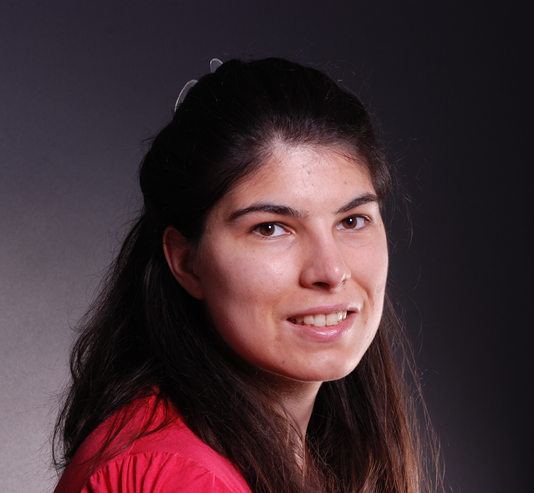
As a 3rd year trainee in laboratory medicine at the Antwerp University, I’m very thankful that I received the EFLM bursary. After my graduation in Master of Medicine, I chose laboratory medicine because of the broad spectrum of pathologies, the continuous evolutions and the opportunity to combine a clinical specialty with (people) management and research. Therefore, I’m very grateful for the research opportunities and the support from Dr. Khadija Guerti (MD, clinical biology- immunology- allergology-protein chemistry, Antwerp University Hospital) and her laboratory team.
Since I started as a laboratory medicine trainee, I always went with a lot of enthusiasm to the annual national congress of the Royal Belgian Society for Laboratory Medicine (RBSLM). This year they made publicity for the EFLM congress 2019 in Barcelona. When I saw the program of this 23rd IFCC-EFLM European Congress of Clinical Chemistry and Laboratory Medicine I was very interested. On the website of the congress, I saw many interesting topics that in my opinion are very educational for trainees as me.
I am convinced that the broad range of topics (from point of care testing to ethical issues in the laboratory and answering the question “who should lead a laboratory”) are going to contribute to my training in laboratory medicine. I am looking forward to gather knowledge about these very interesting subjects. Therefore, I submitted 3 abstracts in for this congress and was very delighted that they all were accepted. I am very proud to present my research projects at the 23rd IFCC-EFLM European Congress of Clinical Chemistry and Laboratory Medicine.
List in the below table the abstract(s) submitted for the EuroMedLab 2019 as First Author:
| Title of the abstract(s) | |
|---|---|
| 1. | Evaluation of three commercially available ELISA kits for the determination of chromogranin A. K. Eeckhout, K. Van Cotthem, B. Peeters, K. Guerti. |
| 2. | Anti-NMDA encephalitis after vaccination: a case report. K. Eeckhout, K. Van Cotthem, K. Guerti. |
| 3. | How to deal with samples with errors on APTT, PT and fibrinogen due to optical clot detection? K. Eeckhout, J. Van Den Bossche, K. Deiteren, R. Malfait, MB. Maes |
